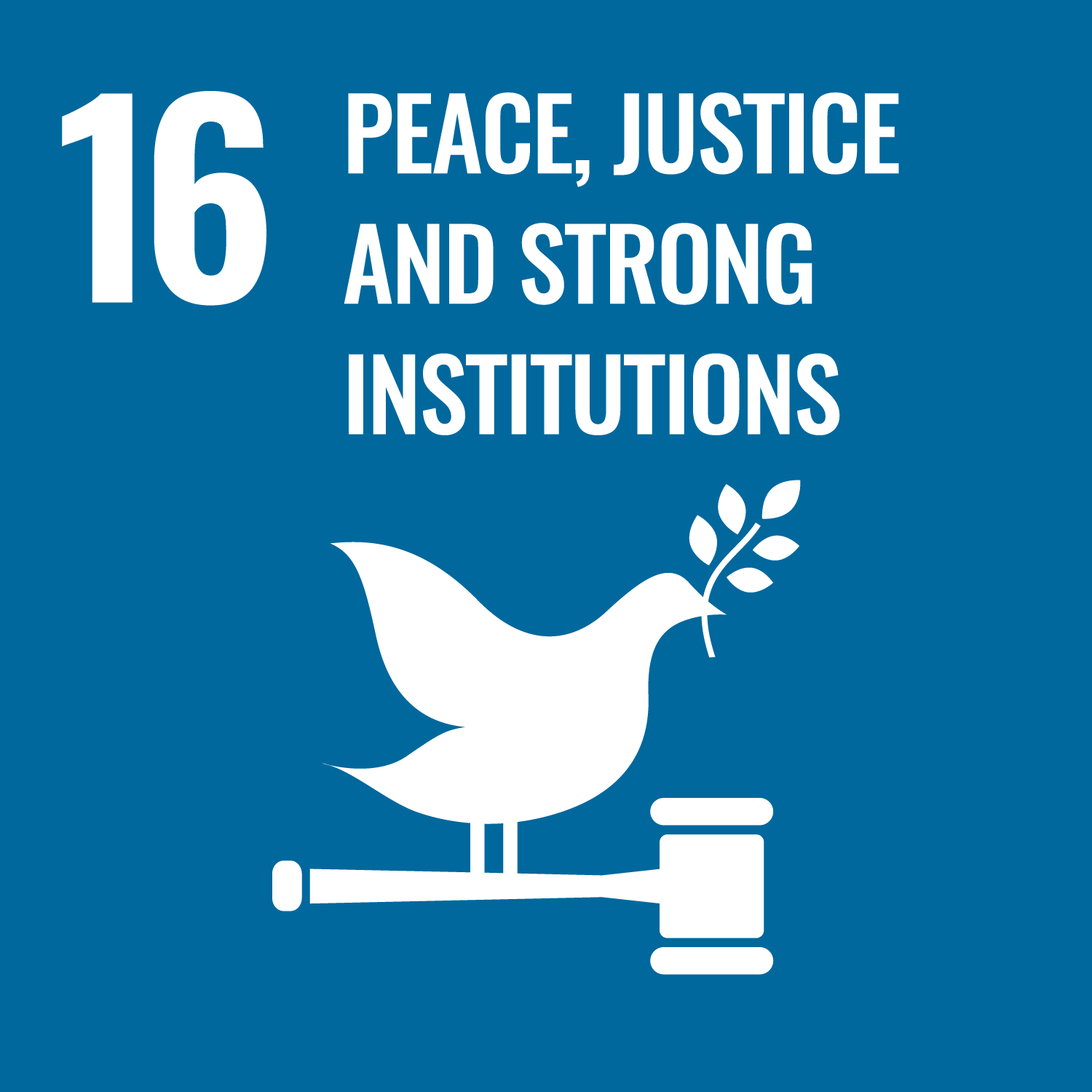Guriev, SG and Sonin, K (2009) Dictators and oligarchs: A dynamic theory of contested property rights. Journal of Public Economics, 93 (1-2). pp. 1-13. ISSN 0047-2727
Abstract
In an economy with weak economic and political institutions, the major institutional choices are made strategically by oligarchs and dictators. The conventional wisdom presumes that as rent-seeking is harmful for oligarchs themselves, institutions such as property rights will emerge spontaneously. We explicitly model a dynamic game between the oligarchs and a dictator who can contain rent-seeking. The oligarchs choose either a weak dictator (who can be overthrown by an individual oligarch) or a strong dictator (who can only be replaced via a consensus of oligarchs). In equilibrium, no dictator can commit to both: (i) protecting the oligarchs' property rights from the other oligarchs and (ii) not expropriating oligarchs himself. We show that a weak dictator does not limit rent-seeking. A strong dictator does reduce rent-seeking but also expropriates individual oligarchs. We show that even though eliminating rent-seeking is Pareto optimal, weak dictators do get appointed in equilibrium and rent-seeking continues. This outcome is especially likely when economic environment is highly volatile.
More Details
| Item Type: | Article |
|---|---|
| Subject Areas: | Economics |
| Date Deposited: | 15 Oct 2024 09:15 |
| Last Modified: | 05 Mar 2025 13:18 |
| URI: | https://lbsresearch.london.edu/id/eprint/3906 |




